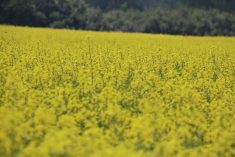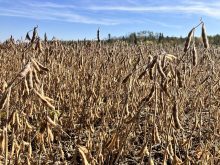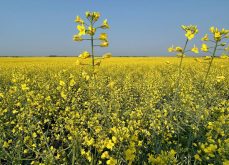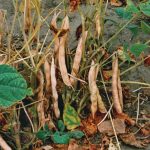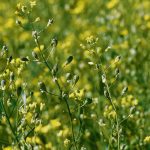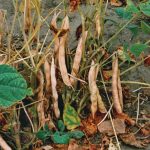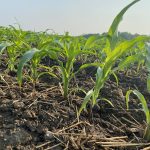Officials say China has reinstated market access for two major grain firms whose exports of Canadian canola have been blocked from Chinese ports since 2019.
Canada’s Trade Minister Mary Ng and Agriculture Minister Marie-Claude Bibeau, in a joint statement Wednesday, confirmed the decision by Chinese customs officials allowing Richardson International and Viterra to resume canola sales to China.
“We welcome this decision to remove the restrictions and immediately reinstate the two companies to allow them to export Canadian canola seeds,” the ministers said, adding they would “continue to work” with the canola sector to “defend their interests and support their success at home and in markets abroad, including China.”
Read Also
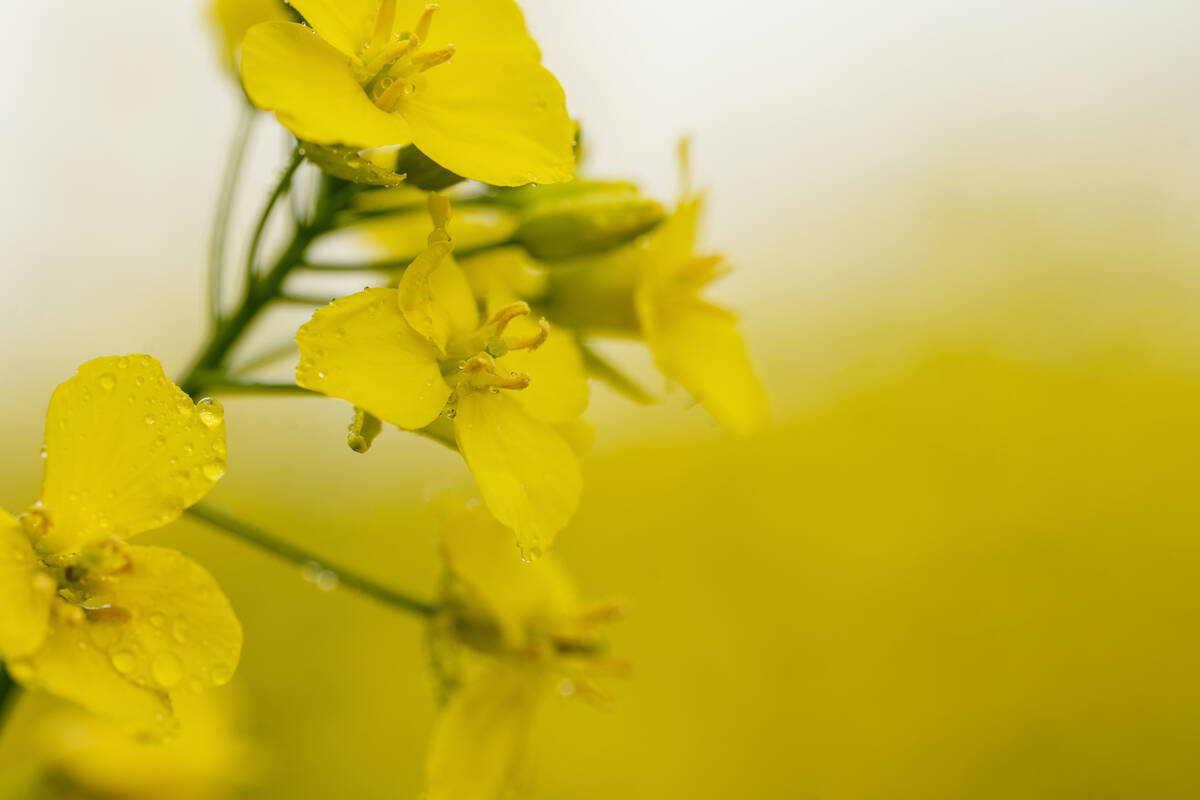
ICE Canada Weekly: U.S. biodiesel mandate will be a boon for canola
Canola is poised for more gains as the trade awaits the Trump administration’s decision on the latest biodiesel mandate, said Jamie Wilton, broker with RJ O’Brien in Winnipeg.
“This is a positive step forward, restoring full trade in canola with China and ensuring that all Canadian exporters are treated equally by the Chinese administration,” Jim Everson, president of the Canola Council of Canada, said in a separate statement.
“We will continue efforts to nurture and maintain a predictable, rules-based trade environment,” he added, thanking Ng and Bibeau and officials with their departments for their support on the matter.
China in March 2019 had suspended the licenses for Winnipeg-based Richardson and Regina-based Viterra to export canola to China, saying it had found quarantine pests in canola seed deliveries.
The Canola Council noted at the time that no other export customers had made similar complaints. The dispute was widely believed by observers to be a retaliation against Canada for carrying out a U.S. arrest warrant in Vancouver in late 2018 on Chinese telecom executive Meng Wanzhou, over charges of bank and wire fraud.
Wanzhou, the chief financial officer for Huawei, remained in Vancouver under house arrest pending extradition proceedings, up until last September when she reached a deal with U.S. prosecutors allowing her to leave Canada and return to China.
Two Canadians, businessman Michael Spavor and former diplomat Michael Kovrig, who were arrested and detained in China shortly after Meng’s arrest, were released by Chinese officials right after Meng’s return.
While the bans didn’t affect other Canadian companies’ seed exports, nor did they affect exports of Canadian canola oil or meal, the Canola Council noted the value of exports of Canadian canola seed to China dropped from $2.8 billion in 2018 down to $800 million in 2019, then rose to $1.4 billion in 2020 and $1.8 billion in 2021.
The council has cited estimates putting the cost to the canola industry between $1.54 billion and $2.35 billion from lost sales and lower prices between March 2019 and August 2020 alone.
Canadian trade officials took the issue to the World Trade Organization later in 2019. After bilateral consultations with China at the WTO, however, the global trade body established a panel of its Dispute Settlement Body in July 2021 to resolve the matter.
A DSB panel was formally composed on Nov. 12 last year. Countries including the U.S., European Union, Russia, Australia and Brazil have reserved third-party rights to the dispute, which has yet to be heard by the panel. — Glacier FarmMedia Network






